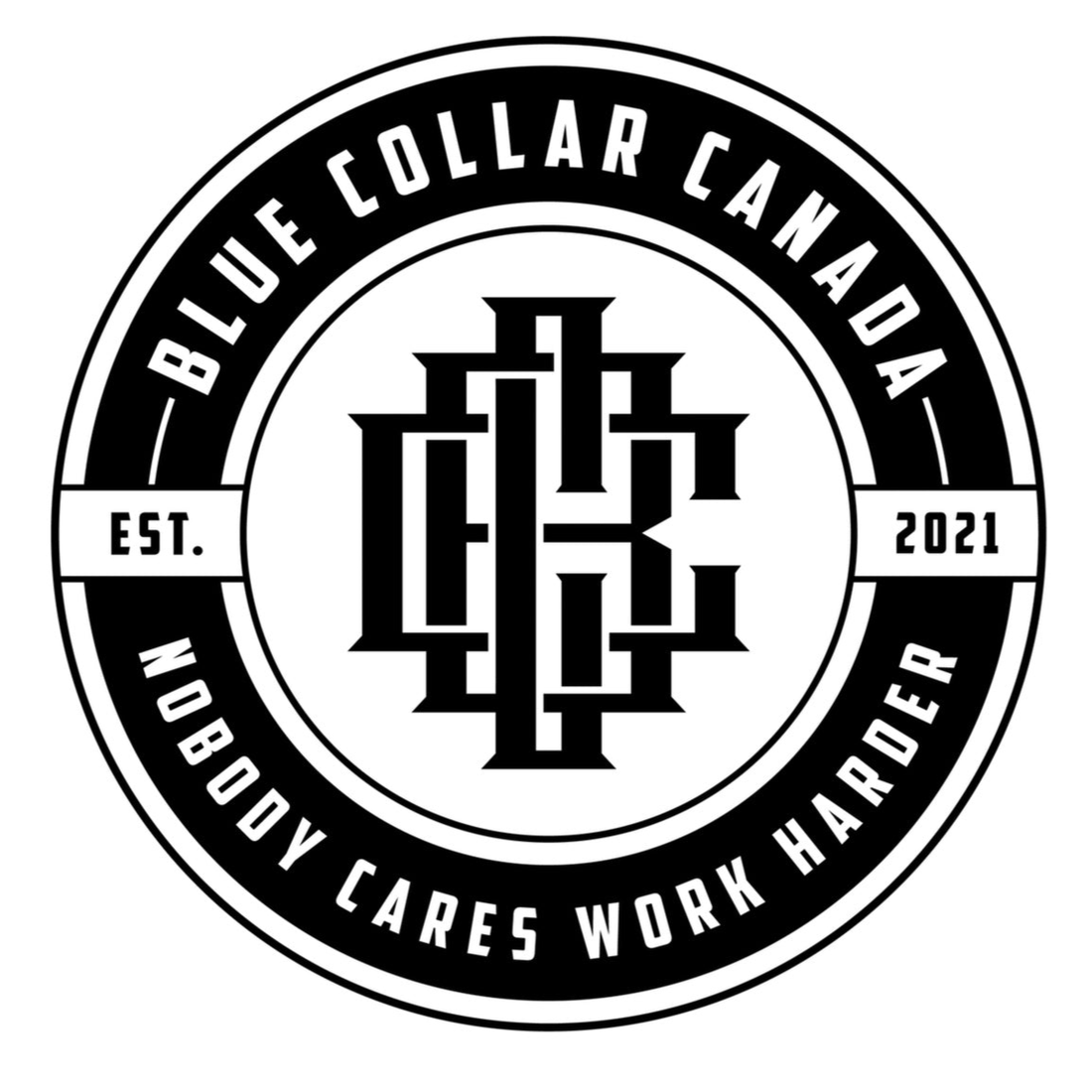
Breaking the Stigma: Mental Health in the Trades
Share
Breaking the Stigma: Mental Health in the Trades
When people think about trades and blue-collar work, they picture grit. Long hours, hard jobs, tough workers. And while that toughness is real, there’s another reality that often stays hidden: the mental health struggles many workers face.
The truth is, mental health in the trades is an issue we don’t talk about enough. And that silence has consequences.
The Hidden Struggles Behind the Grind
Blue-collar workers face unique pressures that most people don’t see:
-
Long Hours & Isolation: Truckers spend days away from home. Oilfield crews work weeks on end. The grind can feel endless.
-
Physical Strain: Injuries, fatigue, and the constant push to keep going no matter what.
-
Financial Pressure: Supporting families, paying bills, keeping up with rising costs.
-
Workplace Culture: The “tough it out” mindset runs deep—asking for help is seen as weakness.
Put all that together, and it’s no surprise that mental health issues like depression, anxiety, and burnout are common in the trades.
The Cost of Silence
The biggest problem isn’t just the stress—it’s the silence. Many workers bottle things up, thinking it’s part of the job. The culture says: “Don’t complain, don’t ask for help, just keep going.”
But the cost is high. Untreated mental health struggles lead to burnout, strained families, addiction, and in the worst cases, tragedy.
Addiction in the Trades
Mental health struggles and addiction often go hand in hand. For some, alcohol becomes a way to numb stress. For others, painkillers after an injury turn into dependency. Stimulants are sometimes used to push through long shifts.
These aren’t signs of weakness—they’re signs of workers trying to cope without the support they deserve.
Breaking the Stigma
The first step to fixing the problem? Breaking the silence. That means:
-
Talking openly about stress and burnout on the job.
-
Encouraging crews to check in on each other.
-
Making it normal—not shameful—to seek help.
Worksites already prioritize physical safety. It’s time to treat mental health safety the same way.
How the Community Can Help
-
Unions & Employers: Offering counseling, resources, and peer support programs.
-
Friends & Families: Encouraging workers to open up instead of shutting down.
-
Brands Like Ours: Using our platform to spread awareness and show that asking for help is strength—not weakness.
Blue Collar Canada’s Role
We started Blue Collar Canada to represent the trades. That means more than hoodies and tees. It means standing with our community, even on the tough issues. That’s why we’re proud to talk openly about mental health and support initiatives that give workers real resources.
Because nobody should have to fight their battles alone.
Closing Thought:
Mental health in the trades isn’t just an issue—it’s a crisis. But together, we can change the culture. We can make it normal to speak up, to ask for help, and to support each other. At Blue Collar Canada, we’re not just building a brand—we’re building a community that’s stronger when we stand together.